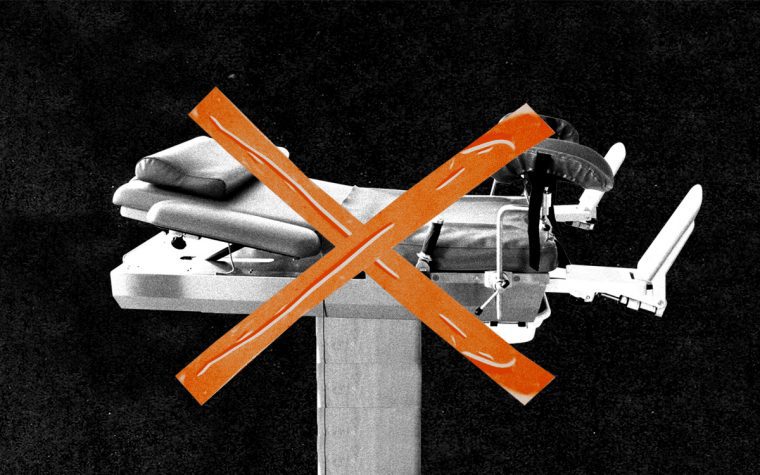The re-election of Donald Trump as President of the United States has significant implications for Indian students, both international and domestic, pursuing education in the U.S. Given the policies and rhetoric from his previous term, it’s essential to understand the potential challenges and changes that may arise.
Impact on International Indian Students
1. Visa Policies and Restrictions:
• F-1 Student Visas: During Trump’s first term, there was an increase in visa denials and heightened scrutiny of applications, particularly from countries like India. This trend may continue, making it more challenging for prospective Indian students to secure F-1 visas.
• Optional Practical Training (OPT): The OPT program, which allows international students to work in the U.S. post-graduation, faced potential restrictions previously. Further limitations could deter Indian students seeking practical experience.
2. Travel Bans and Entry Restrictions:
• Universities have advised international students to return to campus before the inauguration to avoid potential travel bans. Although India wasn’t directly affected by past bans, the evolving geopolitical landscape means Indian students should remain vigilant.
3. Perception and Safety Concerns:
• The political climate and anti-immigrant sentiment during Trump’s previous term led to concerns about safety and inclusivity among international students. This environment may influence Indian students’ decisions to study in the U.S.
Impact on Domestic Indian Students
1. H-1B Visa Program:
• The H-1B visa, crucial for many Indian graduates seeking employment in the U.S., faced increased denial rates during Trump’s first term. Further tightening of this program could limit job opportunities for Indian students graduating from U.S. institutions.
2. Green Card Policies:
• Trump proposed granting green cards to foreign students graduating from U.S. institutions, which could benefit Indian students. However, this proposal has faced criticism and its implementation remains uncertain.
Broader Implications
• Shift in Study Destinations:
• Due to anticipated policy changes, there’s a noticeable decline in interest among international students considering the U.S. for higher education. Alternative destinations like Canada, Australia, and European countries are becoming more attractive due to their more welcoming policies.
• Economic Impact on U.S. Institutions:
• A decrease in international student enrollment, particularly from countries like India, could have financial implications for U.S. universities that rely on the tuition and diversity these students bring.
Conclusion
Indian students, both prospective and current, should stay informed about policy changes and seek guidance from educational institutions and immigration experts. Proactive planning and awareness are crucial to navigate the evolving landscape of U.S. higher education under the renewed Trump administration.



